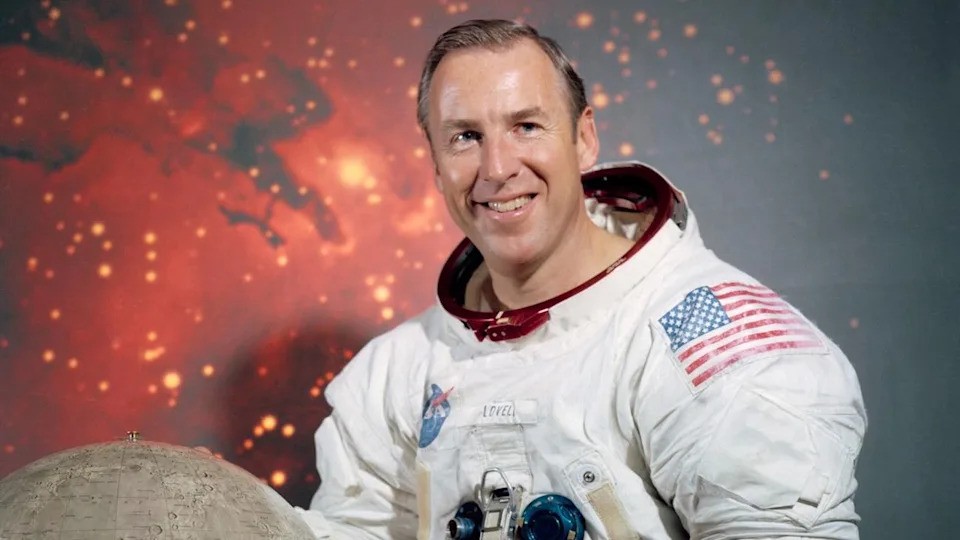A Pivotal Figure in Space Exploration: Jim Lovell Dies at 97

James A. Lovell Jr., a veteran astronaut whose command of the Apollo 13 mission transformed near catastrophe into an emblem of human ingenuity and resilience, has died. He was 97 years old. NASA confirmed his passing on Thursday, August 8th, in Lake Forest, Illinois. Lovell’s career spanned four critical spaceflights, leaving a lasting legacy on the U.S. space program and inspiring generations.
“Jim’s character and steadfast courage helped our nation reach the moon and turned a potential tragedy into a success from which we learned an enormous amount,” stated acting NASA Administrator Sean Duffy in a released statement. “We mourn his passing even as we celebrate his achievements.”
Lovell joined NASA in September 1962, becoming part of the second astronaut class. This cohort included notable figures such as Neil Armstrong and Ed White, the first American to perform an extravehicular activity. His initial spaceflight occurred in December 1965 aboard Gemini 7, a two-person mission lasting fourteen days which marked the pioneering rendezvous of two crewed spacecraft while orbiting Earth. A close proximity maneuver saw the Gemini 6A capsule approach within mere feet of Gemini 7 on December 15th.
Subsequently, Lovell participated in the four-day Gemini 12 mission alongside Buzz Aldrin in November 1966—the concluding flight of the Gemini program, instrumental in preparing for lunar missions. His third expedition was Apollo 8 (December 1968), the first crewed mission to orbit the Moon and return safely. During this landmark journey, William Anders captured the iconic “Earthrise” photograph on Christmas Eve.
The April 1970 Apollo 13 mission proved the defining moment of Lovell’s career. He became the fourth person to venture into space on four separate occasions when he commanded the ill-fated lunar landing attempt. An onboard oxygen tank explosion crippled the spacecraft, forcing a shift from ambitious moonwalk plans to a desperate survival scenario. The crew, collaborating closely with Mission Control in Houston, ingeniously adapted the lunar module “Aquarius” to function as an emergency lifeboat, conserving vital resources and enabling their safe return to Earth.
Lovell detailed this harrowing experience in his 1994 memoir, “Lost Moon: The Perilous Voyage of Apollo 13,” co-authored with Jeffrey Kluger. This book subsequently served as the basis for the acclaimed 1995 film “Apollo 13,” featuring Tom Hanks portraying Lovell. The movie famously popularized the phrase “Houston, we have a problem,” although the crew’s actual communication was “Houston, we’ve had a problem.”
Born in Cleveland, Ohio, on March 25, 1928, James Lovell graduated from the U.S. Naval Academy in 1952 with a bachelor of science degree and subsequently married Marilyn Gerlach that same year. The couple raised four children before her death in September 2023. From 1958 to 1962, he served as a test pilot at the Naval Air Test Center, Patuxent River, Maryland, managing aspects of the Navy’s F4H “Phantom” Fighter program. He retired from both the Navy and NASA in March 1991.









